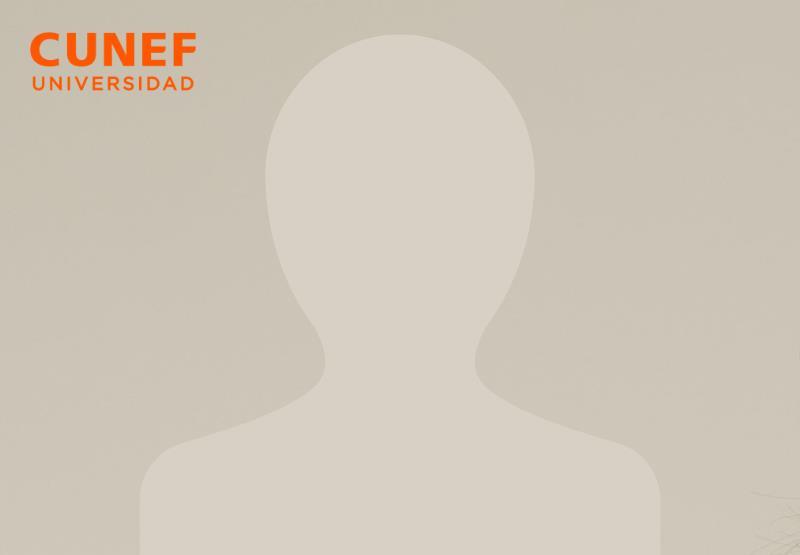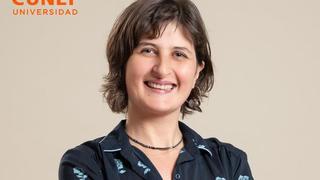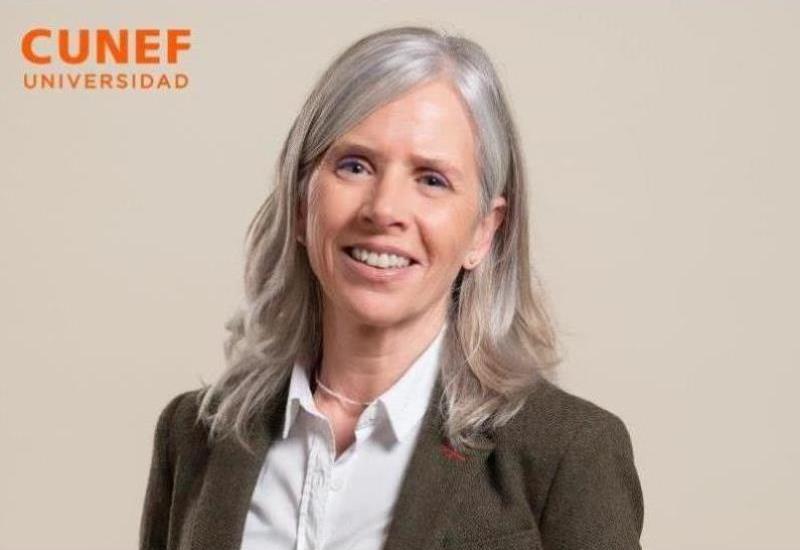
- Home
- Faculty and Research
- Clavero Nadia Fernanda

Clavero, Nadia Fernanda
PhD: Universidad de Barcelona
Biography
Professor Clavero earned her doctorate at Universidad de Barcelona, where she also taught. Her research focuses on harmonic, real and functional analysis, although she also participated in an interdisciplinary research project at the Department of Experimental and Health Sciences at Universitat Pompeu Fabra.
She has spent research periods at various national and international centres and universities.
She is also a Digital Marketing expert with a Master in this field, and she works as a data scientist in a company that focuses on the marketing and advertising industry.
Education
Ph.D. in Mathematics, Universidad de Barcelona (2015)
Master in Digital Business Management, Havas Media Group & Universidad de Salamanca (2017) and Master in Advanced and Professional Mathematics, Universidad de Barcelona (2011)
Bachelor in Mathematics, Universidad de Barcelona (2009)
Research Interests
Functional, real and harmonic analysis and their applications. Mathematics applied to Biology
Professional Career
Data Science Expert, Havas Media Group, 2022–Present
Statistical Modeller, Arte de Medir-Ibermática, 2020–2022
Interdisciplinary research collaboration, Department of Experimental and Health Sciences, Universitat Pompeu Fabra, Fall 2016
Postdoctoral Researcher, Brown University, USA, Spring 2016
Predoctoral Researcher, Graduate Student Researcher, Teaching Assistant, Universidad de Barcelona, 2009–2015
Publications in Scientific Journals
Clavero, Nadia: “Non-linear mixed norm spaces for the Sobolev embeddings in the critical case”, Integral Equations and Operator Theory, 84, 2, 267–281, 2016.
Clavero, Nadia; Soria, Javier: “Integrable cross sections in mixed norm spaces and Sobolev embeddings”, Positivity, 20, 435–466, 2016.
Clavero, Nadia; Soria, Javier: “Optimal rearrangement invariant Sobolev embeddings inmixed norm spaces”, The Journal of Geometric Analysis, 26, 4, 2930–2954, 2016.
Clavero, Nadia; Soria, Javier: “Mixed norm spaces and rearrangement invariant estimates”, Journal of Mathematical Analysis and Applications, 419, 2, 878–903, 2014.
Otros profesores


